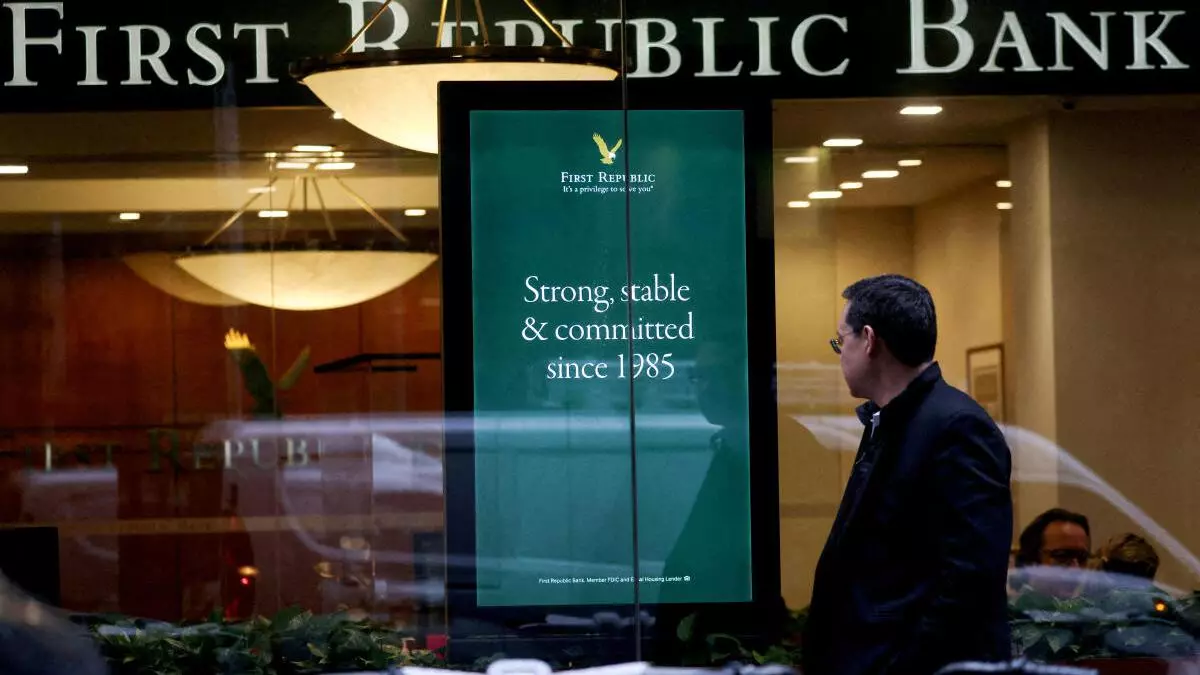First Republic’s $21 billion rout puts S&P status in question
First Republic Bank’s membership in the S&P 500 index could be at risk after the troubled bank’s stock hit a new all-time low on Wednesday, briefly pushing market capitalization below $1 billion.
The stock, which had risen slightly on Thursday, had fallen 64 percent over the previous two sessions after the troubled lender’s earnings report showed a drop in deposits and raised more questions about its survival. At nearly $1.2 billion, First Republic has the smallest market cap in the S&P 500 having wiped out more than $21 billion in market cap.
Companies must have a market capitalization of at least $12.7 billion to be listed on the S&P 500, which has more than $15 trillion in investment assets tracking it.
“Given that the market cap has declined, the business model is changing, and the company’s outlook has changed fundamentally, it wouldn’t be surprising to see it replaced by the S&P 500,” said David Chiaverini, an analyst at Wedbush. interview.
However, companies could drop below the listing threshold as they remain in the index, said Howard Silverblatt, senior index analyst at S&P Dow Jones Indices. While he declined to comment on First Republic specifically, he said that companies do not have to maintain profitability or market capitalization standards to continue to be listed.
“Getting in is one thing,” Silverblatt said, but staying in is different. A spokeswoman for S&P Dow Jones said they could not comment on possible additions or deletions to the index.
Under siege
First Republic shares have been under siege for more than a month after the collapse in March of Silicon Valley bank SVB Financial Group and Signature Bank, both of which were also removed from the S&P 500.
Its earnings report on Monday showed a 41 percent drop in deposits for the quarter. The company is reportedly exploring selling assets ranging from $50 billion to $100 billion.
If the company were to be removed from the S&P 500, it would likely cause a further sharp decline for the stock given the scope of money that tracks the index and would be forced to sell the shares.
“To the extent it gets kicked out of the S&P 500, that will put additional selling pressure on the stock,” Schiafferini said. “It will be technical and temporary, but with that said, a number of the shareholders who previously owned it will no longer own it because they will basically have to rebalance their money out of it and into whatever is put in place.”
